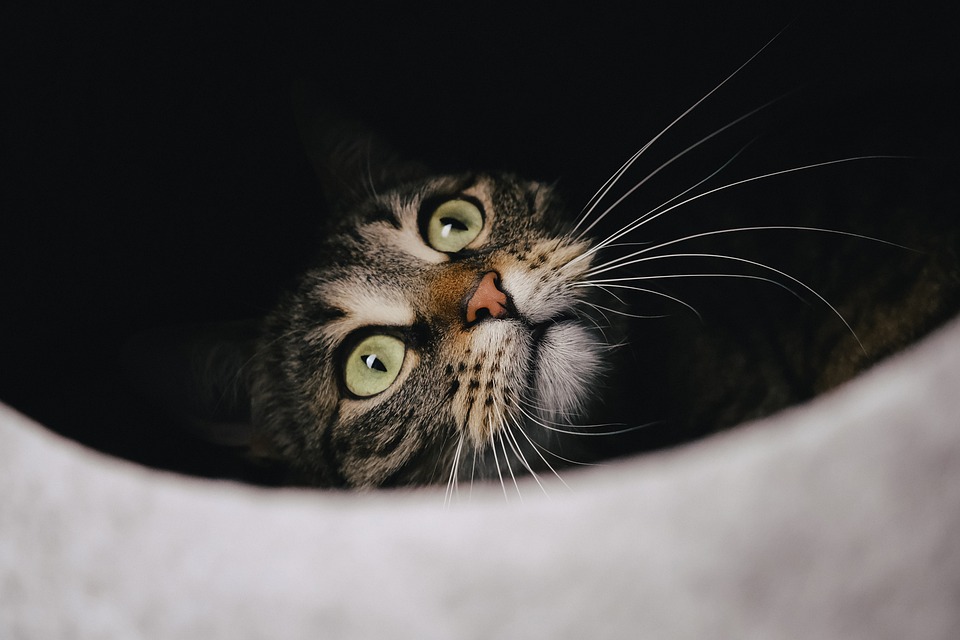Headbutting, also known as bunting, is a behavior in which a cat deliberately presses its head against an object, human, or another animal. This action involves the cat rubbing the scent glands located on its face onto the targeted surface, leaving behind pheromones as a form of communication.
Cats engage in headbutting for several reasons. Firstly, it allows them to mark their territory. Cats have scent glands on their cheeks, forehead, and chin, and headbutting allows them to leave their scent on objects, people, or other animals. By doing so, cats create a familiar and safe environment for themselves and establish a sense of ownership.
Headbutting is also a way for cats to strengthen social bonds. When a cat headbutts you, it is essentially considering you as a part of its group or family. By sharing their scent, cats communicate trust, friendship, and affection. This behavior is particularly prevalent among cats that live together or have a close relationship.
In addition, headbutting can be a form of greeting. Cats may headbutt as a way of saying, “Hello, I acknowledge you, and I am friendly.” This behavior is not limited to interactions with humans but can also be observed between cats or between cats and other animals.
Understanding a cat’s body language is key to deciphering their emotions and intentions. When a cat headbutts you, other body language cues often accompany this behavior, further indicating affection and trust. For example, a relaxed and upright tail signifies a content and confident cat. If your cat’s tail is raised while headbutting, it indicates a positive interaction. Cats often purr while headbutting, which is a clear sign of contentment and happiness. Some cats may knead their paws against you while headbutting, which signifies comfort and a strong bond. Cats may also engage in slow blinking while headbutting, which is a sign of trust and relaxation. Slowly blinking back at your cat can strengthen the bond between you.
There are some frequently asked questions about headbutting in cats. For instance, headbutting is not limited to affectionate relationships. While it is primarily seen in such relationships, cats may also headbutt objects or other animals as a way to mark territory. If your cat headbutts you, it is best to embrace the affection and gently stroke or pet your cat to reciprocate the love and reinforce the bond. Relentless headbutting may indicate a strong bond and a high level of trust between you and your cat. However, if your cat appears to be headbutting aggressively or accompanied by aggressive behavior, it is essential to consult with a veterinarian or a feline behaviorist to evaluate the underlying cause. Reciprocating with headbutting may not be interpreted in the same way by cats, so it is best to stick to gentle petting and verbal reassurance.
In conclusion, headbutting is a heartwarming behavior that showcases the strong bond between you and your feline companion. By understanding the purpose and significance of headbutting, we can deepen our connection with our cats and create a loving and harmonious relationship. So, next time your cat decides to grace you with a gentle headbutt, cherish the moment and reciprocate the affection.








